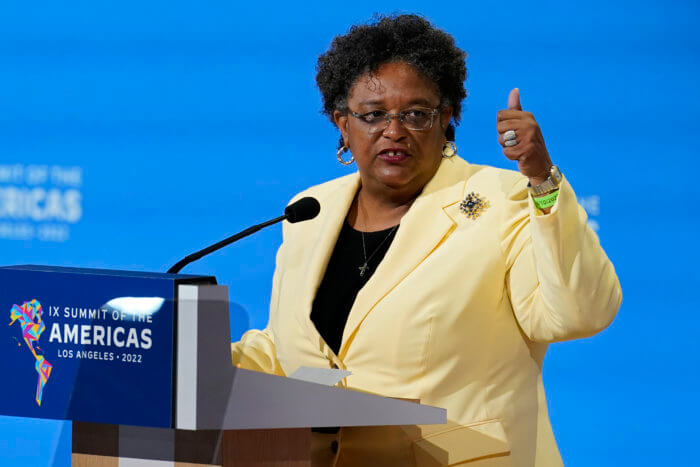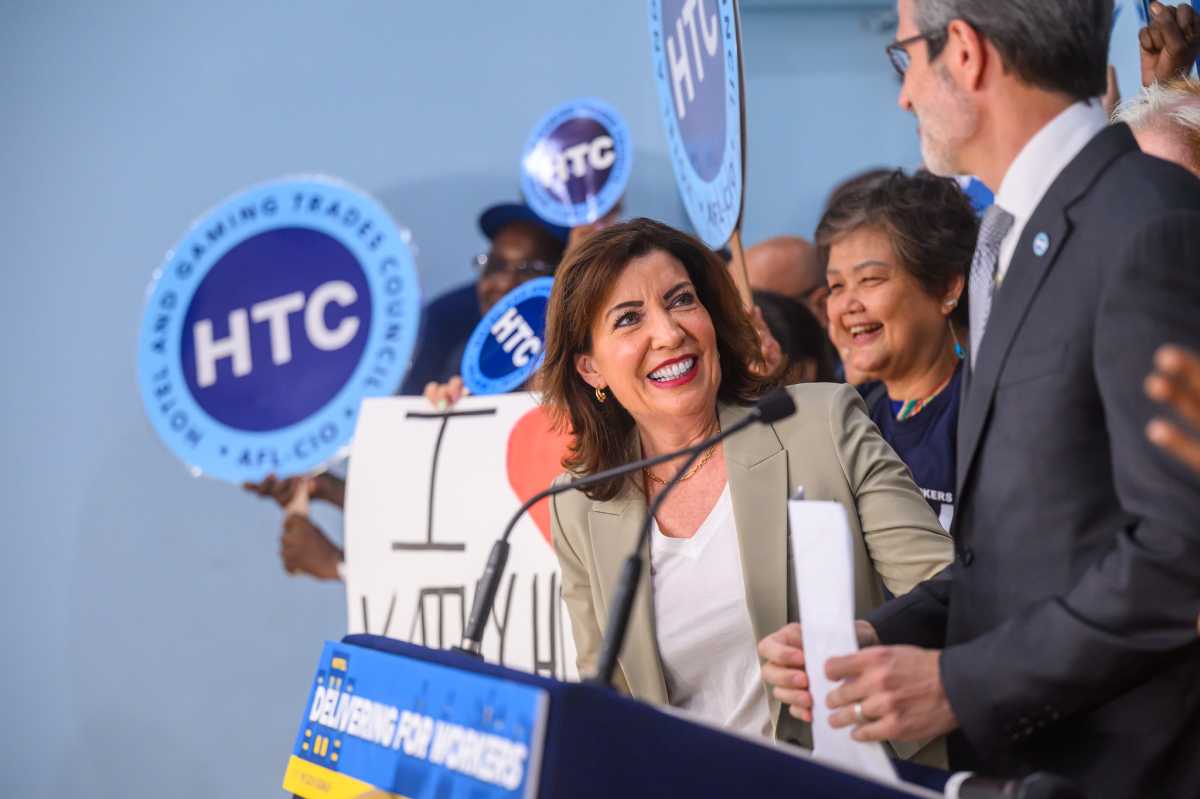Caribbean commercial banks and governments have for nearly a decade been telling anyone who would listen that their big American and other counterparts have either stopped completing financial transactions for them or have severely downgraded relationships with those in the region, citing the stress of complying with money laundering and anti-terrorism financing regulations as reasons for doing so among oil hassles.
The result is that governments, banks and individuals have been forced to find alternative correspondent banking partners, many of whom are way more expensive than normal commercial banking transactions. In a specific case a few years ago, the situation had become so bad that the Belizean central bank was forced to act as a foreign correspondent agency, changing checks and completing transactions for commercial bank customers.
But from all appearances, US lawmakers are beginning to listen to complaints from CARICOM that the region is not only being treated unfairly by the international banking system but also by those who are on the look out for money laundering and terrorism financing activities.

Clearly representing the region with aplomb on Wednesday, Prime Minister Mia Mottley of Barbados and Prime Minister Keith Rowley of Trinidad and Tobago detailed the woes of CARICOM nations to the Congressional Financial Services Committee, chaired by respected, veteran Californian representative, Maxine Waters. In a poignant note and as an important aside to those at the hearing, Chairperson Waters said that this was the first time in nearly 40 years that any Caribbean head of government had been allowed to testify before Congress.
And based on comments from Waters and Representative Patrick McHenry of North Carolina, US lawmakers appear to now understand that the alleged tight regulations that are in place for Third World financial institutions are in fact driving them away from the mainstream system to underworld markets, which facilitate transactions for those outside of the well-known SWIFT transmission system.
“What we face is a situation that the avoidance of terrorism financing, the avoidance of money laundering, on which we are all agreed, is likely to happen because you are driving people underground. This is the most nonsensical thing we have seen in public policy. Unless we are able to trade with the rest of the world we are at risk of becoming financial pariahs,” Mottley told the committee as all in the meeting room listened attentively.
She said that many western countries, which are known for their financial services sectors are the ones targeted by international launderers cleaning up their ill-gotten gain in places like London, Zurich and Luxembourg among others and are given a free pass while Caribbean countries are being blacklisted as unsafe destinations to do business with. She even wondered whether there is a race element to the blacklisting and tough regulations in place for the region, whether unconscious bias is a factor in determining who gets blackballed and who does not.
“When you wanted to find where the launderers are, you did not come to the Caribbean. You went to London, you went to New York, you went to Zurich, Luxemburg. And I say this because there has to be a fundamental injustice in a system that puts on a list not Luxemburg, not the US, not the UK but puts Jamaica, Trinidad and Tobago, Ghana, Barbados, all of which are put on a list not even because we were having substantive money laundering there but because in 2020, there was a determination to change the criteria,” she said.
The tough rules and blacklisting have driven away investors as they are frustrated by the length of time it takes to open an account, transfer monies to establish a business, while the American and other banks complain that it would be too expensive to undertake an enhanced due diligence exercise to determine whether the sender is operating legitimately.
Hammering home her point that lawmakers need to quickly look at the stupidity and hypocrisy of financial regulations in place, Mottley pointed out that “Russia and others have found other ways to deal with the SWIFT system. Where has the money gone? It has not come to the Caribbean. And what we have is listings from the Financial Action Task Force that are perhaps well intentioned, but are focused on process and form and are not focused on substantive prosecution of money launderers. That is the equivalent of saying that I am more interested in whether you adhere to rules than finding where the launderers are. We are here because we are fighting for a public human good and the human rights of our citizens. When we were growing up, opening up a bank account was part of our rites of passage. Today, it is now a gargantuan obstacle for us to have our people do so given that we spend weeks,” she said.

























